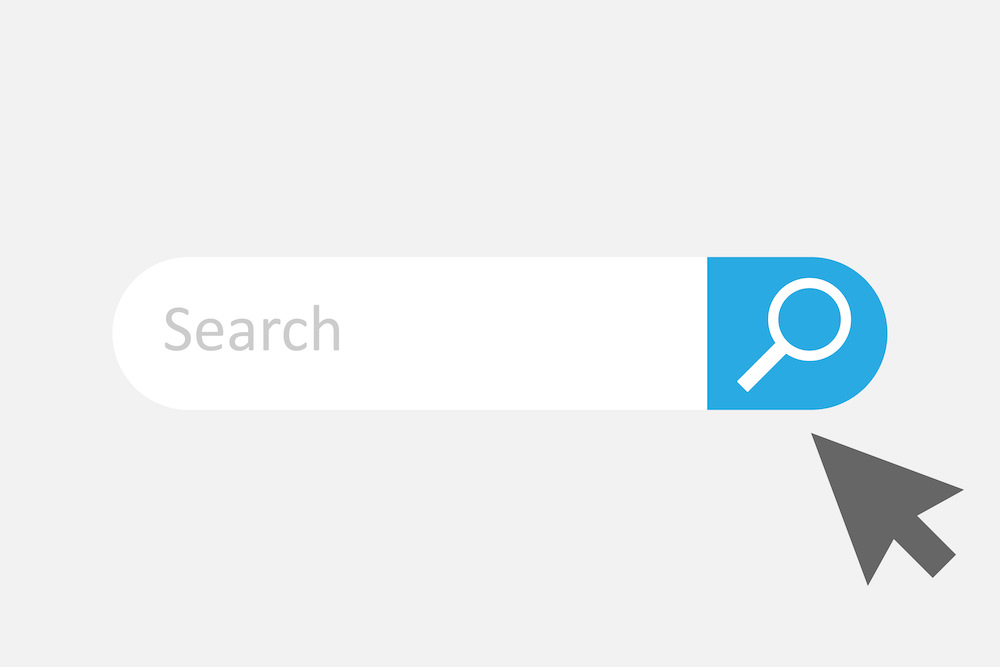I had a thought a week ago. I jotted it down for some future email. The future is now. I fear this email is verging into the philosophical but I hope I manage to make a helpful point somewhere along the way.
It has to do with search intent. Google is big on delivering on search intent. Kinda keeps them in business to do a decent job in that department.
My thought involved intent and benefits and all that elusive marketing jargon experts spew forth. I always nod as if I know what they’re talking about but then return to my same old ways.
Conceptually, it’s simple for content sites. It’s far more difficult to apply.
Let’s take the example of the keyword “how to properly do internal link building?”
It’s a keyword. Not a great one but there are some of us who have typed that into Google. I have so it is indeed a keyword that’s been used one time.
here’s the thing. My overarching intent is not to build internal links. Truth be told I don’t care one bit about internal linking on a site. I’m sure you don’t either.
We read about it and do it because we’ve read that internal linking helps with SEO.
Our intent is to get more search traffic from SEO, not build links for the fun of it.
But that’s not the top of the keyword chain either, is it?
You and I don’t really care about SEO. Website traffic? Doesn’t matter… except for the fact that website traffic earns us money.
Now we’re getting closer to the heart of the matter… money.
We’re interested in making money online.
But are we?
Taking it further, we don’t really care about money. We care about what money can do for us. Buy food, shelter, status and security.
That’s what we want.
If we were to go entirely philosophical, we could take the whole “what do we really want” question further but that could spark some heated debates so let’s stop there.
For every keyword, there’s a keyword chain of command
Internal linking => SEO => Free Search Traffic => Website Revenue => Make Money Online => Food, Shelter, Status and Security.
How does that help us with publishing content?
If you accept that what we really want when we read about internal linking is to eat tonight, that doesn’t help, does it.
You won’t rank an article titled “How to get food for dinner” by writing about internal linking. Even if at the heart of it, folks wanting to learn about internal linking really just want to eat dinner.
That would be absurd but it’s also helpful in thinking about what your readers really want when they use various keywords.
Why does that matter?
Because this is how you can distinguish your site and win the SERPs (and hence eat dinner).
Google is certainly not close to perfect in deciphering intent but it’s better now than 3 years ago. It’ll be better three years from now.
I stumbled on this entire line of thought doing my own keyword research
I was playing around with what were common high value buyer intent search phrases that Google seemed to have slapped in recent affiliate updates.
Since a lot of affiliates are bailing on affiliate marketing, I figured it might be a good time to jump in. You know, buy when everyone is selling. Sell when everyone is buying mindset.
So I played around with various search phrases to see what was ranking. I found some very interesting results that were outstanding examples of Google actually serving up titles and articles that 100% met the search intent but were totally different phrases.
Sorry, I’m not gonna share my exact search terms because I’m now pursuing it. My point is not to spoon-feed you some killer blog titles that Google loves with some high value intent behind them.
Instead, my point is to suggest that when you’re choosing keywords to target in your article (i.e. coming up with titles), think about the actual search intent behind the keywords you find using software. Is there a better way to phrase it? Is there a better angle you can take that does a better job.
I’ll give you a hint. Think about the benefits to the searcher.
After all, it’s benefits the searcher really wants.
Okay, I’ll give you one example.
“DIY Face Mask”: Ahrefs says it’s searched 6,800 times per month. Pretty decent.
Put that into Google and check the results. For me, the first three results did not have “DIY” in the title. Only 3 titles on page one of Google had “DIY” in the title.
The number one ranked article’s title was “10 Homemade Face Mask Recipe Ideas”
Interesting none of the first page results starts with “How to make a…”
The intent keyword as Google sees it is “Homemade”.
That’s the term you want to go after. Problem is, most of the other sites go after that word. Is there a better option?
A synonym for homemade is handcrafted.
I like that. I like how it sounds and reads. I suspect readers seeing “handcrafted” would click through at a higher rate than “homemade” especially if your site is the only one using it.
Is this approach a sure thing?
Nope, not at all. But it is an effort to distinguish your site.
Let’s take this analysis a bit further to see if there are better opportunities
What do people searching “DIY face mask” really want?
It could be a couple of things. They include and are not mutually exclusive:
- Nicer skin
- Cheaper skin cream
Maybe a tiny few prefer making their own stuff because it’s fun and they’re crafty.
And then some like DIY for environmental reasons.
I’m sure there are a few other reasons people might have but I’m certain the two biggies are nicer skin for less money.
Is there a better title opportunity here that gets to the heart of the search better?
Maybe. Sometimes there will be. Other times not.
Here are some options:
- “How to get smoother skin for under $2 at home”
- “10 Ways for radiant face for less than $2 (all made at home)”
- “10 handcrafted face cream recipes made at home for less than $2”
I like the third one above. It’s different than the currently ranked articles but the intent is the same.
Will it rank? Maybe. Maybe not. Those are your same odds if you use the same titles as the other sites, right?
I’m not saying this is the way to approach every article. All I’m saying is that for every keyword, there might be a better way to express intent with your titles and targeted phrase. If you manage that, Google very well may reward you handsomely in due course.

Jon Dykstra is a six figure niche site creator with 10+ years of experience. His willingness to openly share his wins and losses in the email newsletter he publishes has made him a go-to source of guidance and motivation for many. His popular “Niche site profits” course has helped thousands follow his footsteps in creating simple niche sites that earn big.






